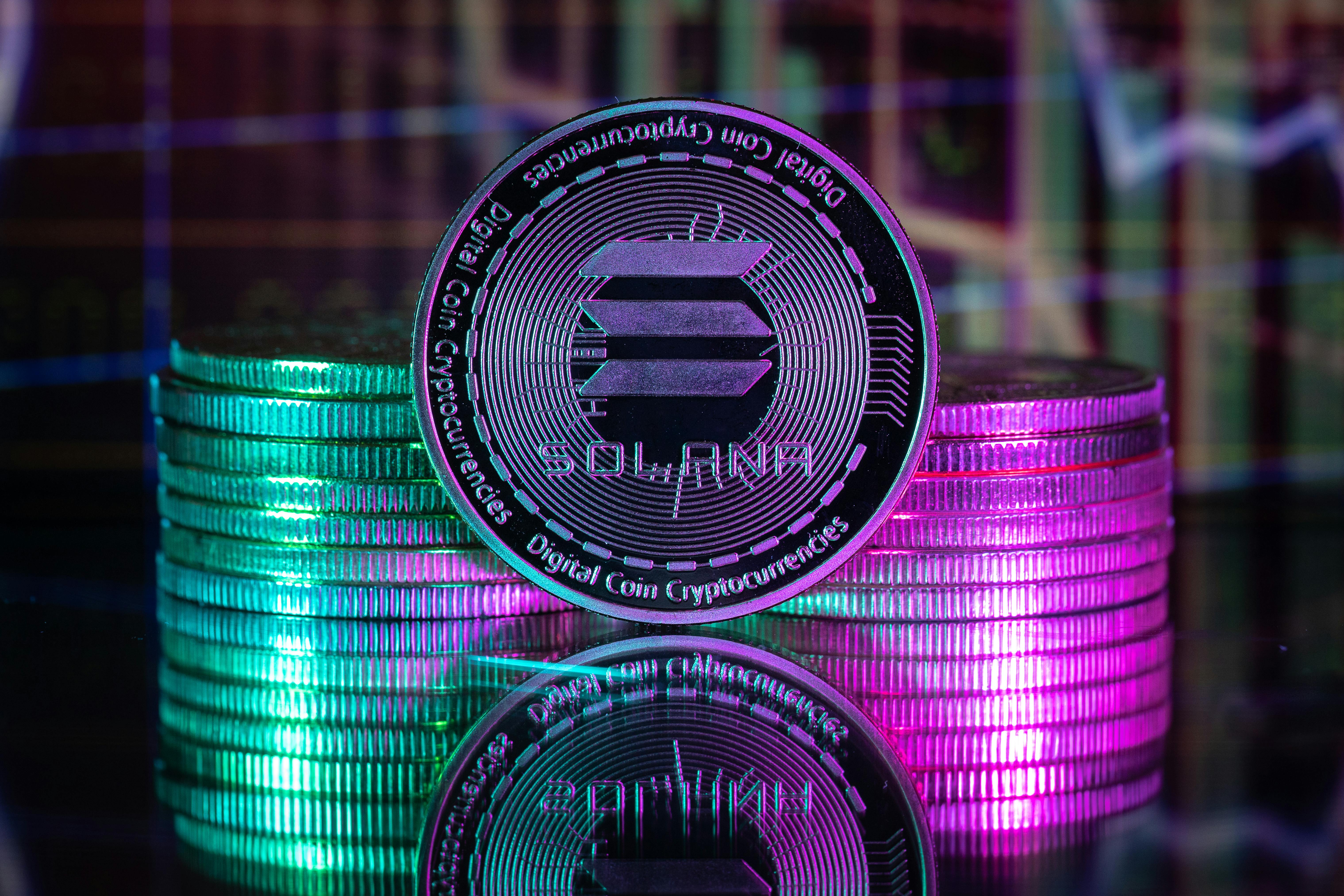CoinFlip Resources
News from the world's leading Bitcoin ATM operator.
Featured
August 11th, 2025
James Fleming
How Bitcoin Protects Wealth in an Age of Rising Inflation
Discover how Bitcoin’s fixed supply and decentralization make it a powerful tool to hedge against inflation and promote financial inclusion worldwide.
Learn
Discover the ways Bitcoin and related technologies are revolutionizing finance and the Internet with articles by CoinFlip's experienced team.
What Is the GENIUS Act?
August 4th, 2025
Scott Wilson
Cryptocurrency Explained: What Is Solana?
July 28th, 2025
CoinFlip Team
Why Bitcoin ATM Limits Matter
June 10th, 2025
CoinFlip Team
Chain Wars: How to Analyze Cryptocurrencies
June 4th, 2025
Scott Wilson
Insight
Market and Technology Insights from CoinFlip
Company News
Read press releases and news from CoinFlip’s headquarters.
Introducing CoinFlip Account
June 20th, 2025
CoinFlip Team
CoinFlip Down Under: Highlights from Australian Crypto Convention
December 19th, 2024
CoinFlip Team
ACH Available Through CoinFlip Preferred
November 14th, 2024
Scott Wilson




